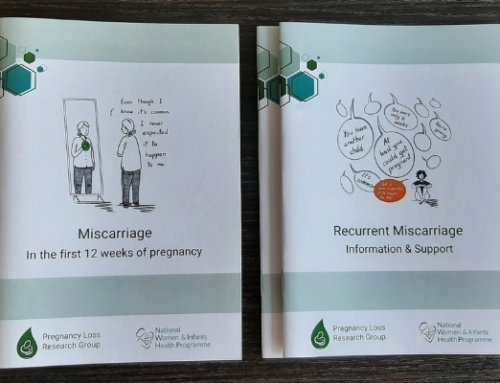Presentation title: Early initiation of short-term emollient use for the prevention of atopic dermatitis in high-risk infants – the STOP AD randomised controlled trial
Atopic dermatitis (AD), also known as eczema, is a chronic inflammatory skin condition, characterized by dry, red and itchy skin. AD usually begins in infancy and affects up to one fifth of children. Evidence of its pathogenesis implicates impaired skin barrier function as a significant pathomechanism, along with cutaneous immune dysregulation and microbial disturbances.
Emollients are moisturising treatments applied directly to the skin to soothe and hydrate it. Daily emollient use is a cornerstone of AD management. Recently, the spotlight has been on the potential role of emollients in infancy in preventing AD.
Short-term Topical Application to Prevent Atopic Dermatitis (STOP AD) was a single-centre, two-armed randomized control trial that postnatally recruited newborn infants at high-risk of AD. This study aimed to investigate if daily emollient use from birth to 2 months can reduce the incidence of AD in high-risk infants. Recruitment took place between April 2019 and November 2020 in Cork University Maternity Hospital (CUMH).
Infants were randomised within 4 days of birth to either twice-daily emollient application for the first 8 weeks of life (intervention) or to standard routine skin care advice (control group). The primary outcome was cumulative incidence of AD at 12 months. Secondary outcomes included AD incidence at 6 months, cumulative incidence of sensitization to food at 12 months and the evolution of TEWL and natural moisturising factor (NMF) between 0-12 months.







